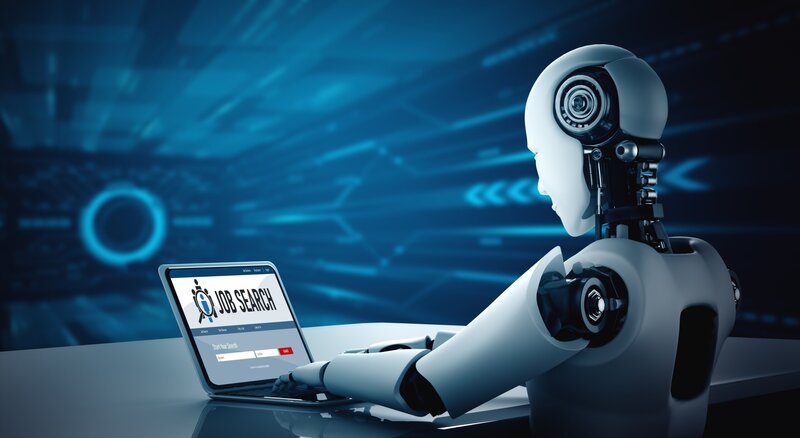AI is taking Over Programming? Nah, It’s Just Another Plot Twist
Alright, let’s address the elephant in the room: all this chatter about AI stealing programmers’ jobs. Spoiler alert—I’m not buying it. Sure, AI is shaking things up, but it’s not the end of coding. It’s more like the end of coding as we know it. And honestly, that’s nothing new. Programming has been reinventing itself since the dawn of computers.
A Quick History Lesson (But Fun, I Promise)
Back in the day, programmers were rewiring circuits to make calculations happen. Then came binary code, where they flipped switches like they were playing a tedious game of Morse Code Simulator. When was studying computer science as an undergraduate, I had no choice but to write “MOV A, B; ADD B,C” code to program an 8088 board. Apparently, this was human-friendly and a result of, “Hey, let’s use something that doesn’t make our brains melt”
Fast forward to high-level languages like Fortran, Pascal, and eventually C, C++, C#, and Java. These languages made programming way more abstract, so developers didn’t have to sweat the nitty-gritty details. Then interpreted languages like BASIC and eventually Python came along, and programming became accessible to kids in garages and not just to the tech wizards in corporate basements.
More Programmers, Not Fewer
Here’s the kicker: every time programming got easier, the number of programmers increased. Why? Because as software became cheaper and easier to make, demand exploded. People wanted more apps, more websites, more everything. Tools like WordPress (like this site) let non-programmers build websites, but guess what? The complexity of those websites grew, and suddenly we needed more programmers to handle the backend, frontend, and all the other “ends” we hadn’t even thought of yet.
Then came mobile apps, cloud computing, and APIs that made it possible to do crazy things like process payments with just a few lines of code. But instead of replacing programmers, these advancements created more jobs. Why? Because we kept finding new things to build.
Enter AI: The New Kid on the Block
Now, coding LLM is here, and it’s doing some pretty wild stuff. The new programming language seems to be just plain English. Frame your requirements in plain English and get a working code in return. CHOP (chat-oriented programming) has some people freaking out, saying this is the end of programming.
But hear me out. Let’s not get carried away. Sure, AI can generate code, but it’s not about replacing the need for programmers, instead, it’s going to transform what programming looks like. Think of it like this: AI is the new power tool in the programmer’s toolbox. You want to roll out an efficient way to sort your custom dataset, CHOP can be pretty handy and save a whole lot of time, but how about developing a middleware platform for EAI integration?
Here’s the thing: the programmers who will thrive in this new era are the ones who are able to shift their mindset from writing code to generating fragments of code, migrate their focus from mundane aspects of coding to the business requirements, and learn to leveraging AI tools to assemble into software services and components. Junior developers who master AI tools will outperform senior developers who refuse to adapt. And let’s not forget history. When the Industrial Revolution hit, it didn’t eliminate jobs—it just changed the skills workers needed. The same thing is happening here. AI is eliminating tedious aspects of a job and creating new opportunities, but it’s also demanding new skills.
But isn’t this time it’s different?
One argument being made is that everything that happened in the past was mostly about automation, tools, and progressively higher levels of expressing the requirements and translating to working pieces of software. This time, the shift is at the cognitive level.
Well, we’re in the early days of a massive shift. AI is changing how we think about software development, but it’s not going to imagine business requirements and break it down into best human experience. Instead, it’s going to make the process faster and more powerful. Imagine a world where AI handles the boring, repetitive stuff, and programmers focus on the creative, high-level thinking that really adds value.
So, is this the end of programming? Nope. It’s just the beginning of the next chapter. And if history is any guide, it’s going to be a wild ride. Buckle up, folks—AI is here to stay, and it’s going to make programming more exciting than ever.
TL;DR: AI isn’t stealing programmers’ jobs—it’s just giving them a shiny new tool to work with. The future of programming is bright, as long as you’re willing to adapt. So, stop worrying and start learning how to work with AI. Your future self will thank you.
